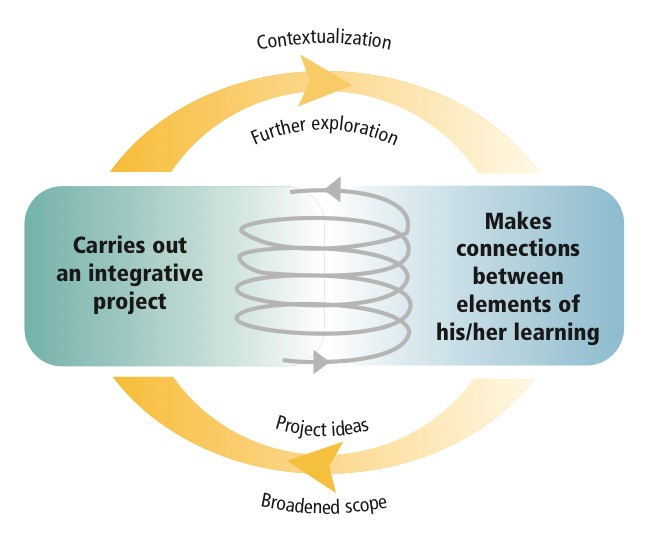Meaning of the term critical judgement
The words critical judgement and critical thinking are interchangeable and have the same meaning. The majority of people associated the term ‘critical’ to mean saying negative and pessimistic things about something or someone in their daily lives. It is this definition of the word ‘critical’ that most students are associated with when they join university. In the initial stages, this can is usually very confusing for most students as the term ‘critical’ has a different meaning in university assignment. At the university level, the term ‘critical’ or ‘critique’ does not refer to saying negative things rather the term ‘critical’ in university means to evaluate. Therefore, at the university level, being critical or critique means that you are required to evaluate or examine the evidence and certain arguments to form a judgement about them. This is the reason why critical judgement is used in this particular guide.
Being critical as per the terminology used at the university level and for the purpose of this guide, means asking thought provoking questions about the subject matter, ideas or words you are investigating and passing judgement on. This is in terms of how valuable or useful the words or ideas are. It emphasis that you refuse accept ideas simply at face value and believe that there is a certain way of thinking about an object or situation. It also refers to recognising that fact that in the course of thinking critically, scrutinising, evaluating and judging things from different perspectives, there is more often than not no correct answer or viewpoint. In spite of the fact, that there is hardly ever any right answer or viewpoint, you need convince others that your standpoint is realistic and credible according to the proper literature in your subject matter or discipline.
Ways in which you can demonstrate critical judgement
Assuming you have reached a point where after having thoroughly analysed and examined the assignment question, you collect and organise your information based on the relevant research you have done. At this point, you will have used your critical evaluation skills to the information you have gathered and reached a viewpoint after having carefully weighted up all your evidence.
This will give you a clear understanding of what is critical thinking. However, this understanding is simply not enough. To earn your degrees at university you need to demonstrate to other people that you can apply what you have understood.
To exhibit critical thinking, you need to demonstrate that you have:
- Gathered all the relevant facts, data and evidence;
- Weighed up this proof;
- Organised the relevant facts, data and other evidence;
- Presented this confirmation and evidence to support the points you are making;
- Organised your conclusion and answer in a lucid and logically manner.

Applying critical judgement to the process of doing an assignment
You need to be cautious when interpreting what you are required to do in writing assignment tasks. In spite of the fact, that in most academic assignments, may not directly state the word ‘critical’, it is imperative that you take a critical approach to them.
The following tips are not things that you need to do in sequence but helps you throughout the process of putting an assignment together.
- Always attempt to understand the relevant pieces of data, facts and information;
- Endeavour to classify the information into groups and give these groups an abstract heading;
- Work out how the relevant information fit together in the overall big picture.
- Be flexible while researching. While classifying the information, the overall picture might change.
- You will continuously weighting up new point of view as you find out new ideas and evidence.


